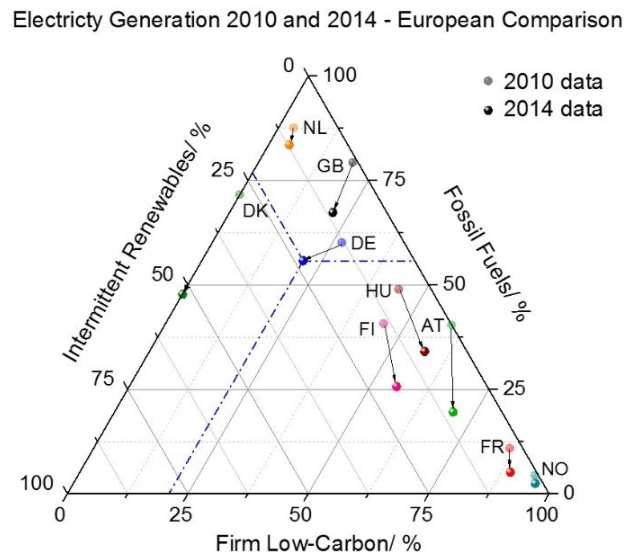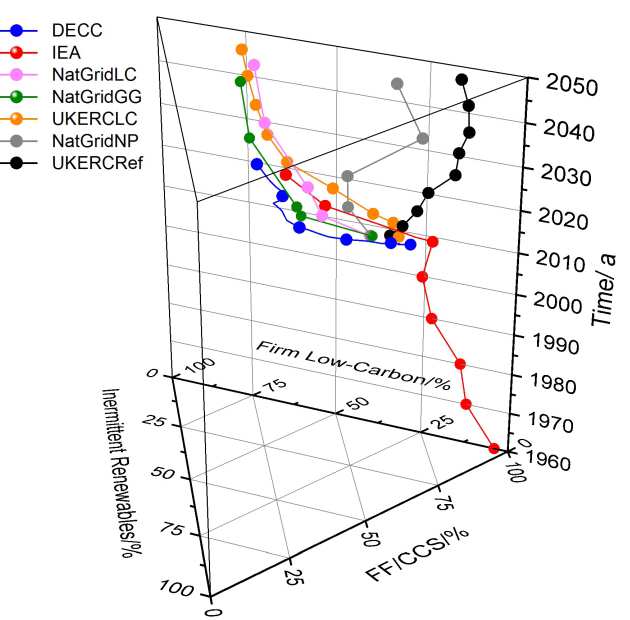Value of Flexible CCS in the Future Energy System
Clara Heuberger
Supervisors: Dr Niall Mac Dowell, Prof Nilay Shah, and Dr Iain Staffell
Funding: Flex-EVAL, prepared for/ funded by the IEA
Carbon Capture and Storage power plants (CCS) have a value which distinguishes them from other electricity generation technologies: they are low-carbon and flexible. We understand flexibility from an operational and a system operator’s point of view where in the latter case flexibility is the ability to provide a certain grid service in spite of how the plant operator achieves this action. This second perspective implies how the value of a technology depends on the existing mix of generation technologies that the system operator manages to meet the electricity demand. Identifying the role of technologies, in particular CCS, and how their value to the system changes from a First-of-a-kind (FOAK) to an Nth-of-a-kind (NOAK) plant is one of the key challenges in this study. 
Within the future electricity system the ability to balance between stiff and intermittent power generators is becoming highly valuable. Also, the ancillary services for capacity reserve and frequency control are indispensable to maintain system reliability and operability.
In order to understand how these parameters are affected by the transition of the energy system we have analysed pathways for different European electricity systems. For the UK specifically, the rate of change of the electricity generation mix until 2050 is exceeding changes of past decades.
An environmental metric, the carbon intensity of our electricity system, is becoming a limiting factor in capacity expansion and operation. We highlight the concept of "associated carbon", referring to the carbon emissions supposedly "green" technologies entail when stressing conventional power plants to balancing operation.

To understand these mechanisms and to study their interaction we use mathematical optimisation (mixed-integer linear programming) techniques capturing the technologies behaviour within the energy system. New contributions of this study will be the systemic evaluation of technology values through detailed scheduling considering overall emission, reliability and operability constraints.